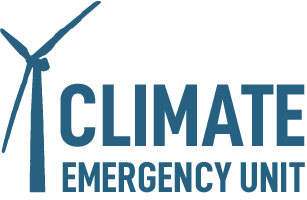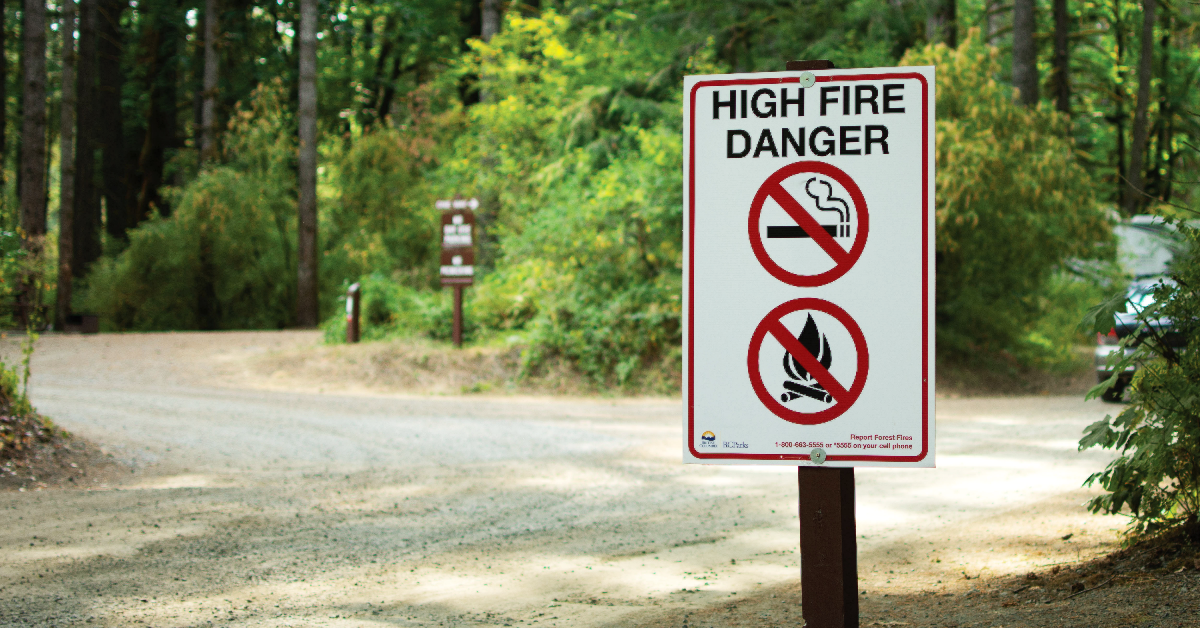First heat dome anniversary highlights our need for social solidarity
Marking the first anniversary of Canada’s deadliest weather event was the juxtaposition of BC’s wettest June in a decade. The once-in-a-millennium heat wave of 2021, known as the “heat dome”, killed over 600 people across Western Canada.
This year, a similar heat wave hit Pakistan and India. A report by the United Kingdom’s national weather service states that human activity made the heat wave 100 times more likely; by the year 2100, human-caused extreme temperatures could be 275 times more likely. The heatwave in South Asia has now morphed into catastrophic floods in India and Bangladesh, killing over one hundred people and leaving millions in need of critical aid. Until this week, BC’s weather had been unseasonably cold leading to Victoria’s wettest June ever.
That’s the thing about climate change—it’s erratic and unpredictable. What happens in one place will be drastically different in the next. This unpredictability has unfolded into extreme flooding in Calgary and Saskatoon, a dangerous storm in Southern Québec, extreme heat in much of the U.S., climate-related drought and famine in Somalia, and flooding in Southern China.
It’s time to connect the dots
We need to be honest about the far-reaching implications of the climate emergency. First, let’s concede that fossil fuel burning and extraction is the main culprit of human-caused climate change.
Second, let’s acknowledge that the consequences of climate change aren’t just extreme heat or unpredictable weather; in India, ongoing issues with air pollution have compounded into the worst air quality India has experienced since 2016. In BC, unseasonably wet and cold weather has delayed farmers’ crops, impacting financial stability, supply chains, and food security. Plus, we know climate grief is noxious to well-being, recently culminating in the death of an American man as he set himself ablaze on Earth Day as a protest against the climate emergency.
And finally, we must acknowledge that climate disasters don’t impact everyone the same.
The common denominator connecting the extreme weather across the world is the suffering of everyday people and our struggle to survive. The most vulnerable communities everywhere take the brunt of hard times: people living without air conditioning, communities living in hazard zones, people with health conditions and disabilities, and nations in poverty. During natural disasters, workers lose wages, children miss school, and healthcare workers fight to save our lives. If we want freedom from these struggles, we need to name what is happening to our communities. Canada’s elite are not acknowledging the link between climate change and economic disparity, so it's up to us to call it out.
Who is benefiting from our suffering and why?
We know from the BC Coroners Service report that 98% of the 619 people who died during the heat dome were indoors, in “socially or materially deprived neighbourhoods” without adequate cooling systems or air conditioning. Likewise, polling shows us that one in five Canadians are skipping meals because they can’t afford food.
Yet for some people, life hasn’t been so bad.
At the beginning of 2020, the salaries of Canada’s top 100 CEOs rose to be 191 times higher than the average Canadian worker. In that first year of the pandemic, Canada’s biggest corporations took advantage of the Canada Emergency Wage Supplement (CEWS)—a fund meant to support businesses that lost major revenue. Some companies with the highest paid executives received the CEWS while continuing to pay big bonuses to their CEOs. That type of money would have meant the difference between life and death for high-risk people during the pandemic and for the 619 people who died during the heat dome. While many of us struggle to have basic life-saving necessities like cool air, Canada’s richest CEOs reel in profits from the backs of workers.
Cenovus Energy, an oil and gas company headquartered in Calgary, made an all-time high in its first-quarter profits after bringing in $1.6-billion. Other Canadian oil companies have reported doubling and quadrupling their profits.
Maybe it’s just me, but I feel like we are living on a one-two punch continuum. As the pendulum of climate crises swings across the world, the cost of food and living goes up, the wages of workers stay the same, and Big Oil corporations bring in record profits.
If we want our children to survive the next climate and financial crisis, we must come together as workers and demand more.
It’s time for social solidarity.

